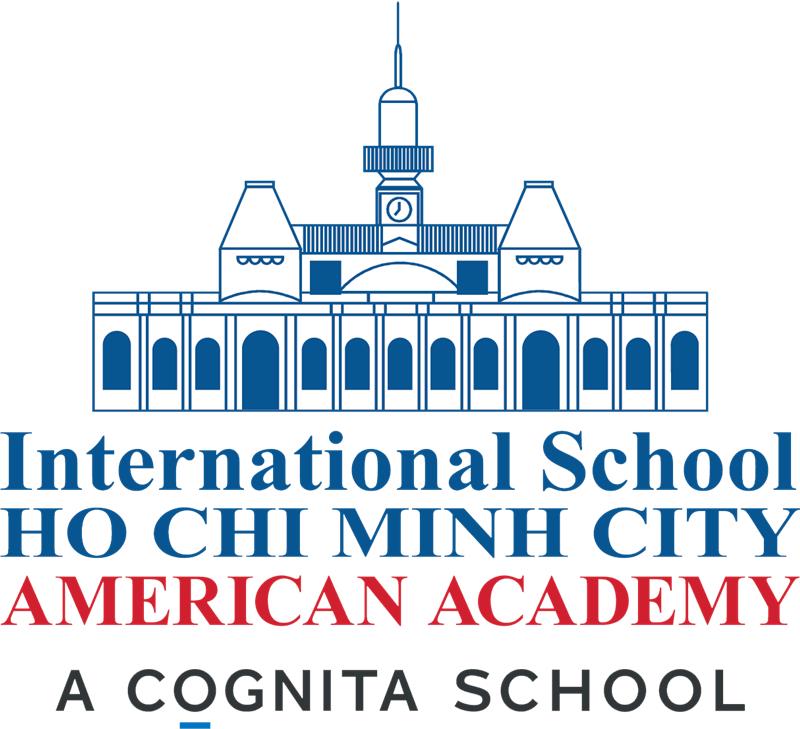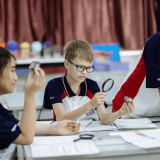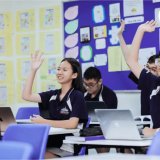A review conducted by the Institute of Education Sciences, US Department of Education, found that students who lack organizational skills will struggle with organizing their tasks and activities later in life, and their academic achievements will be limited.
The most important organizational skills for high school students include:
- Time Management Skills
- Task Prioritization Skills
- Task Delegating Skills
- Goal Setting Skills
- Material Organizational Skills
- Learning Space Organizational Skills
6 Essential Organizational Skills for High School Students
By definition, organizational skills are those that focus on organizing knowledge, objects, time, and other aspects of a student’s life to optimize their learning efforts and minimize friction. Good organizational skills enable students to excel academically and adapt more fluidly to upcoming changes in their lives, thus reducing their stress levels considerably.
Time Management Skills
Time is a limited resource, so students have to learn to make the most of it to optimize their learning efforts. The first thing students have to learn is to tackle tasks effectively based on their availability. Setting up dedicated study periods that coincide with their peak hours enables the students to learn more effectively and reduces boredom.

Educators can also teach students how to use digital calendars effectively by putting notes and reminders on important dates. However, this can also be a double-edged sword, as students might feel overwhelmed by the sheer number of notifications and reminders. Therefore, students should allocate their time correctly to finish as many tasks as possible to avoid distraction.
Task Prioritization Skills
If students lack the ability to prioritize urgent tasks, they might feel inundated by the sheer number of tasks they receive. Task prioritization skills help students organize tasks based on urgency and ease of completion, reducing risks and providing precious breathing room for students to engage in leisure activities.
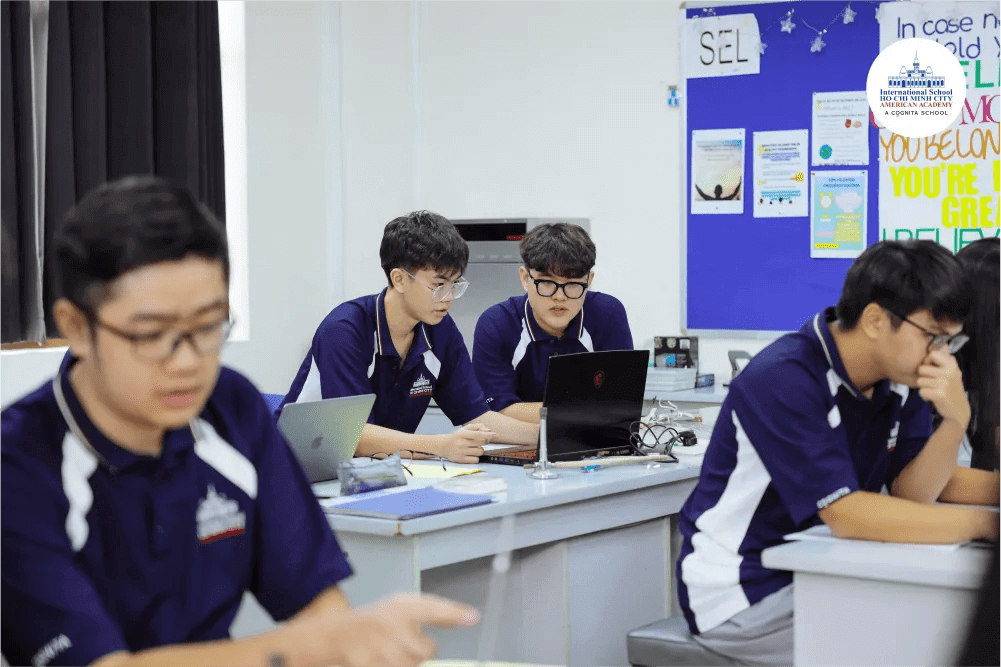
Students possessing task prioritization skills are also likely to be more creative than those who don’t since they will be able to see more alternatives as well as potential roadblocks.
One key concept for helping high school students prioritize tasks better is the Eisenhower matrix, which distinguishes urgency and importance. Urgent tasks have a very limited timeframe, but they are not necessarily the most impactful on a student’s academic success.
Conversely, important tasks have immense impacts on the student’s grades, but they do not have to be completed soon. By organizing tasks according to these two parameters, students should have a more comprehensive and organized view of their tasks, enabling them to prioritize them more effectively.
Task Delegating Skills
In school group projects, no one should take all the responsibilities and the work of a project on their shoulders. High school students have to learn task delegation to divide workload equally. Delegating tasks to others is also a good way to make sure that students are not overwhelmed or burnt out due to the massive workload.
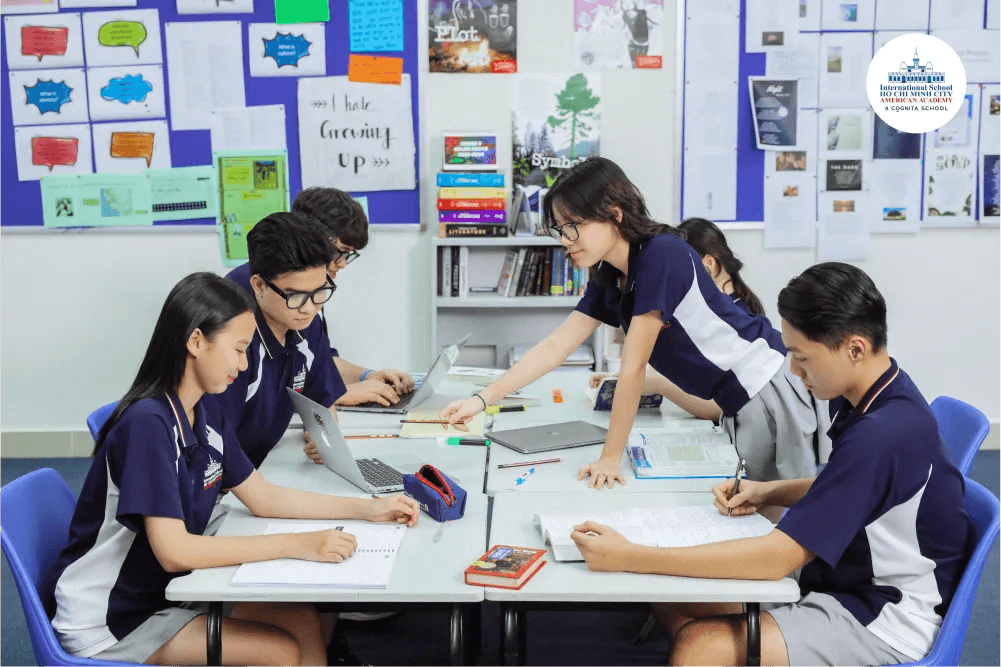
The key for students to unlock task delegating skills is to understand their capability as well as that of their peers so that they can assign the right task to the right person.
Students who are familiar with other peers within their group already know the others’ capabilities beforehand, but if they have to form groups with unfamiliar students, they are navigating uncharted territories. Thus, educators can teach them how to introduce themselves and talk about their capabilities first so that the group leader will facilitate task delegation more effectively.
Goal Setting Skills
Without goals, students will be lost, and their motivation will gradually fade. Setting clear goals and expectations is a critical part of the growing-up process, and students who possess good goal-setting skills will not only do better academically but also feel better mentally. The best way to help students set better goals is through the SMART framework.
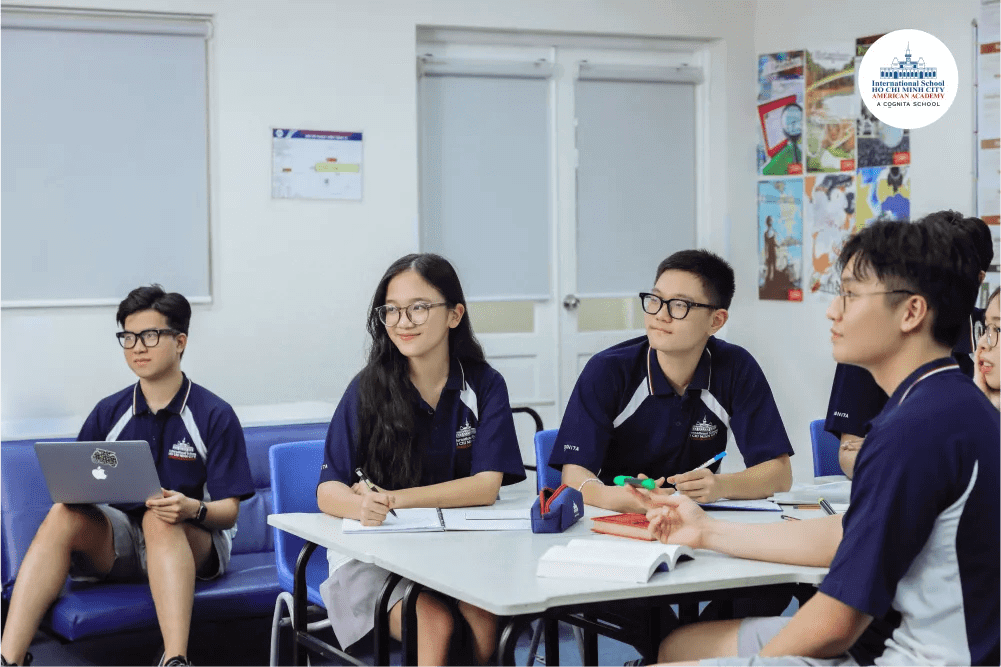
SMART stands for Specific, Measurable, Achievable, Relevant, and Time-Bound. These are the important parameters of a good goal, and by setting goals with them in mind, students will be able to set better goals that are achievable and more useful to their academic success.
- Specific: A goal should be specific with a clear end result.
- Measurable: A measurable goal has trackable and quantifiable parameters to help students assess their success in attaining the goal.
- Achievable: A good goal should be realistic and within the capability of an individual student.
- Relevant: Goals should also be relevant to the overall development of the student.
- Time-bound: Set a specific timeframe to attain the goal. Educators can help students assess whether their timeframe is realistic or not.
Material Organizational Skills
Having a messy desk with lots of handouts and books lying around is a hindrance to a student’s development, as they will have a hard time finding the correct materials when needed.
Material organizational skills involve more than putting books and handouts in the correct spots. They also involve marking important passages, quotes, or statistics for future revisions. Students can accomplish this by using colored tape or highlighters. They can also organize their materials by grouping them together by category or author.
This skill extends to electronic files as well. Tools such as cloud storage will be particularly handy, as they enable students to easily store electronic files in groups.
Learning Space Organizational Skills
An organized learning space increases students’ mental well-being and learning efficiency. Furthermore, having too many items in the learning space creates potential friction and distractions that could diminish the quality of the learning session.

To create an organized learning space, students should find a private spot away from the usual distractions such as their PC, the TV, the fridge, etc. The learning space should also be as quiet as possible to avoid distracting noises.
Students should also learn the habit of cleaning up their learning space after a learning session. This will help them keep the space organized and clean, improving their overall mood.
Student’s Practices to Develop Organizational Skills
Students can follow some of these tips when developing their organizational skills for a more seamless experience:
- Keep a checklist: A checklist is a great way to keep track of one’s own progress on a daily basis. It helps students to see what is missing and what they could improve on.
- Designate a study time: Keeping a consistent study time will create a good habit that lasts long into their adult years.
- Clean up weekly: Students can learn to create a weekly cleaning schedule to sustain their good habits and organizational skills as well.
Teachers’ Practices to Develop Students’ Organizational Skills
In the classroom, teachers can help students develop their organizational skills through the following tips:
- Create an organized environment: Instruct the students to keep the classroom clean and organized so that every student can see the benefits of being organized.
- Encourage self-monitoring: Let students monitor their behaviors and correct themselves whenever possible.
- Develop a routine for organizing school materials: Help students build healthy habits by creating a pre-class routine that involves checking school materials.
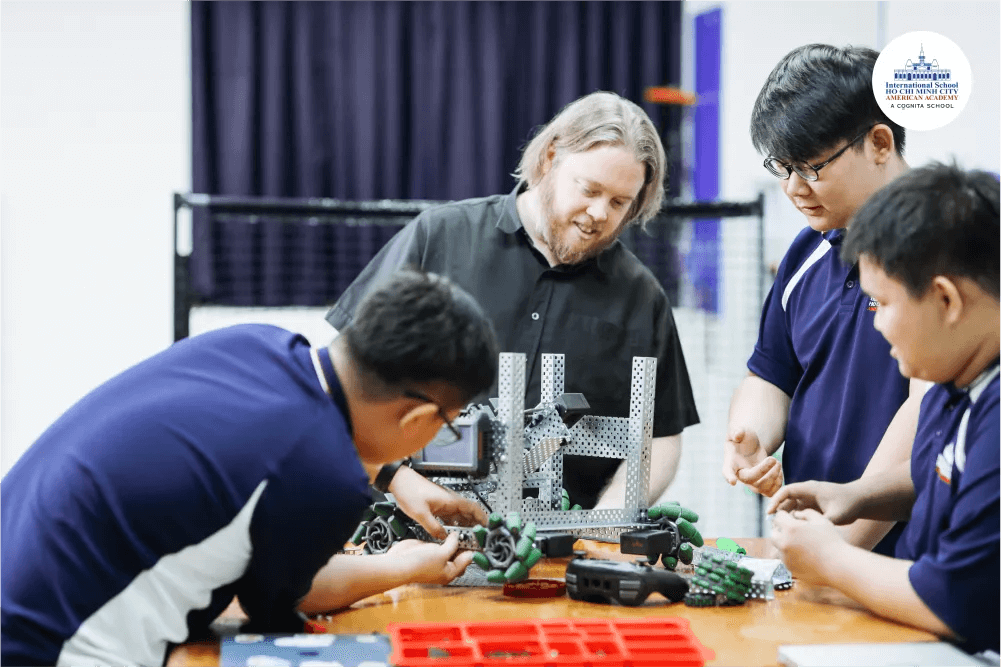
Parent’s Practices to Develop Children’s Organizational Skills
At home, parents can be a great source of support and motivation for helping students develop organizational skills. Here are some tips you could follow:
- Create a distraction-free study spot: Help your children organize their learning space by creating a distraction-free zone without electronic devices or other distractions.
- Teach the children to use Calendar apps. Calendar apps can be synced with your device to ensure that reminders are sent to your device as well. This is a good way to remind your children of important events or the time to study.
- Establish a daily routine: With an established daily routine, children will learn to be more organized and disciplined in their studies as well as their future life pursuits.
Nurturing Organization Skills for High School Students with AAVN
Organizational skills are fundamental for the development of high school students, and yet they are not included in many curricula, resulting in a major gap that lasts until adulthood.
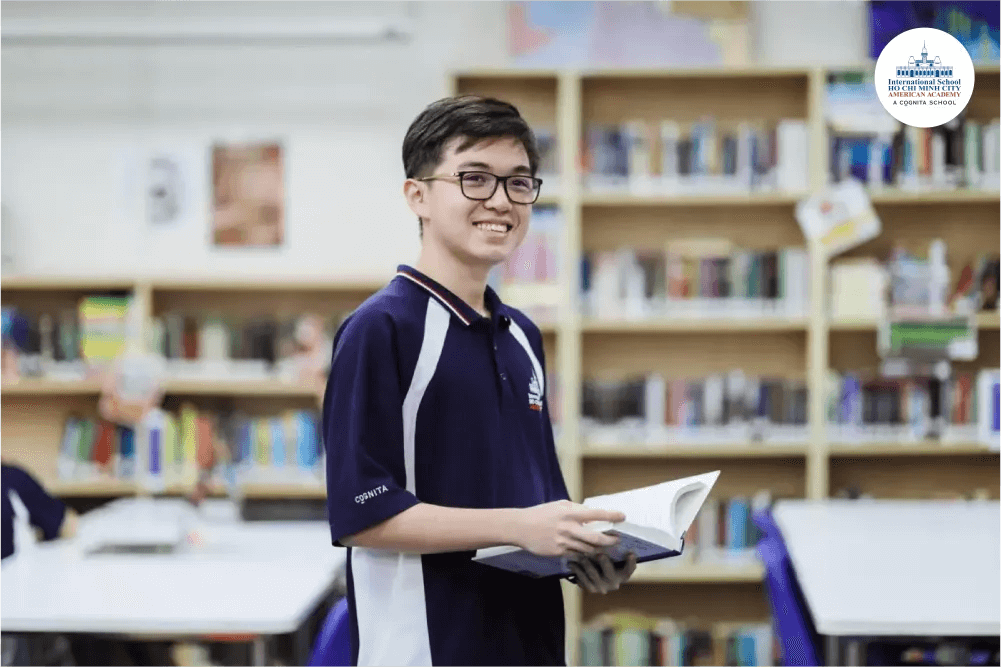
The AAVN curriculum is aimed at comprehensive development for students of all ages. It is specifically designed to close these gaps and provide training to help students excel at school and in life. We also offer the Senior Seminar course, which trains 12th-grade students on their organizational skills, ensuring that they have the right skill set for success.
Contact our admission office for more information.
